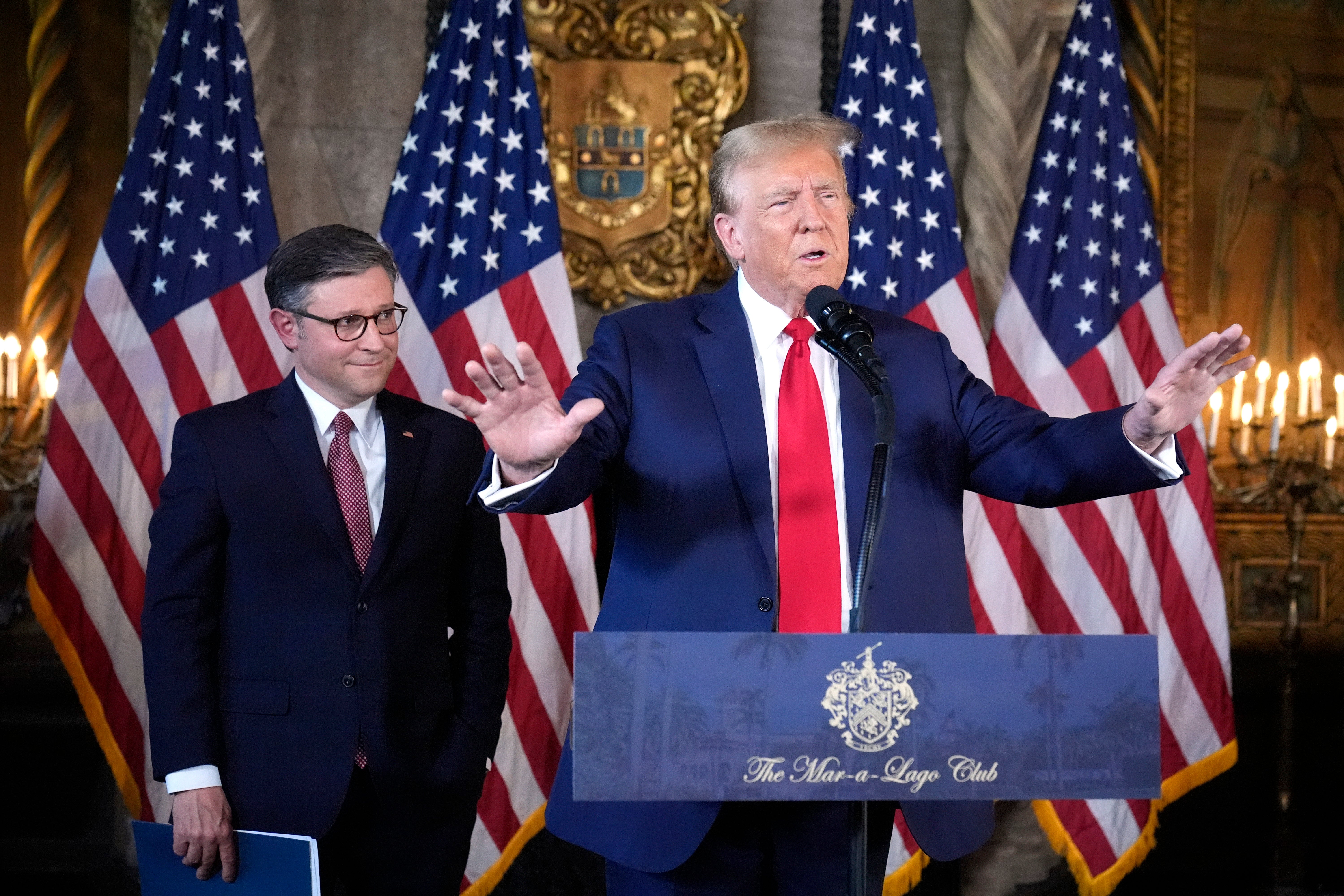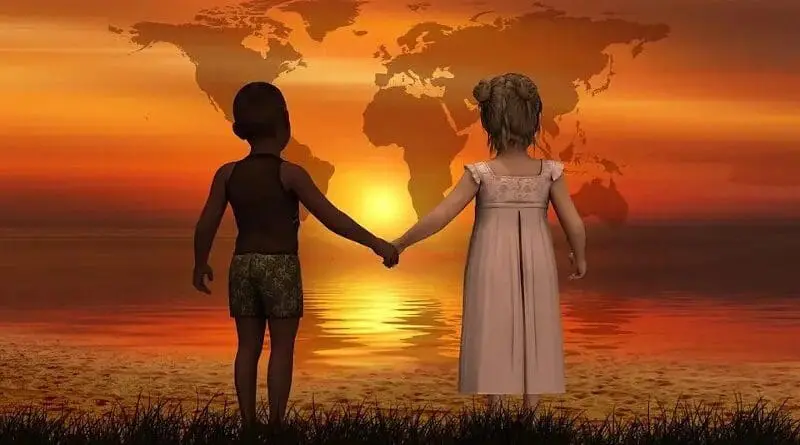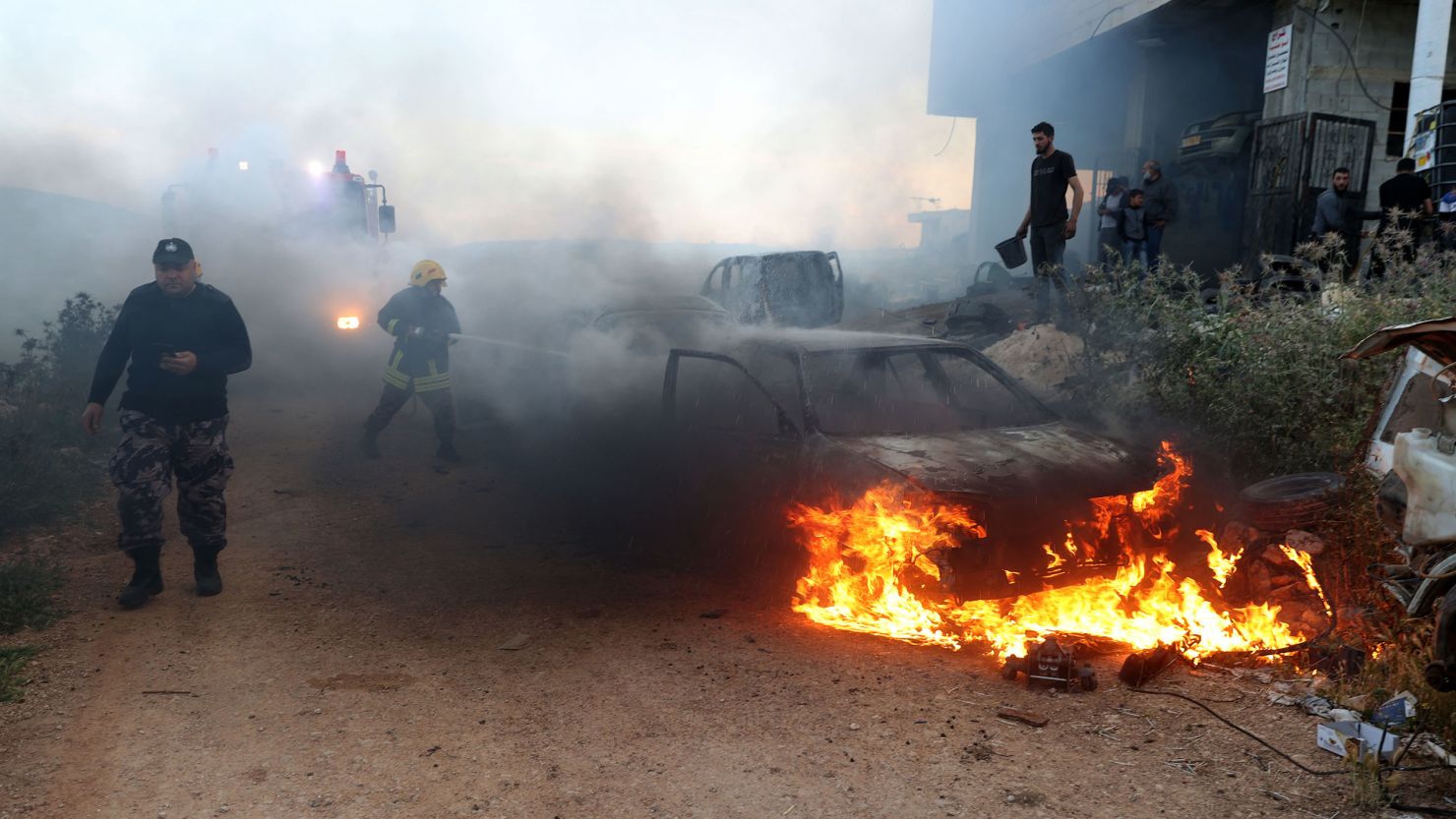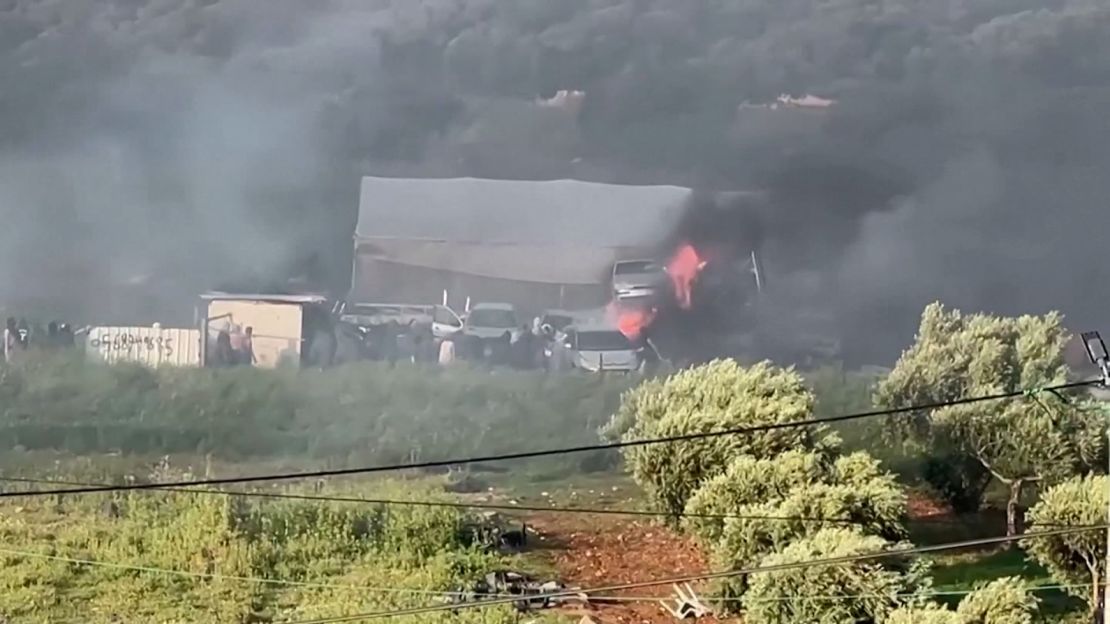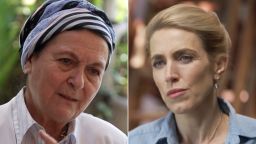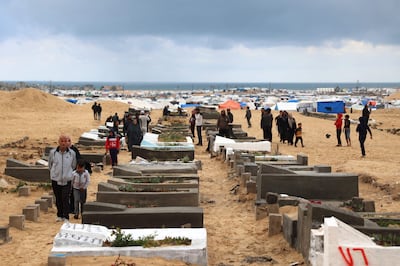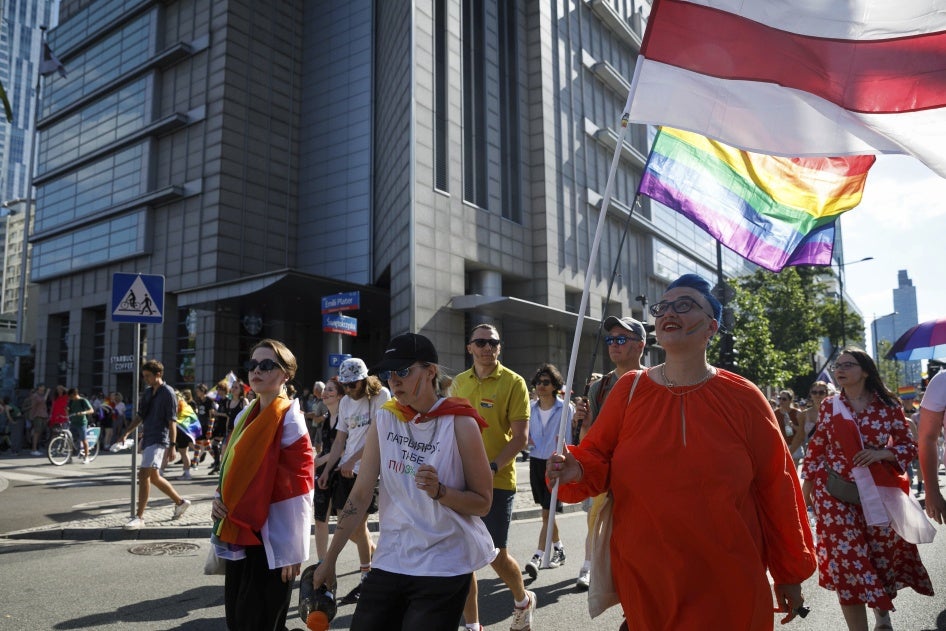The Decline Of Extreme Poverty – OpEd
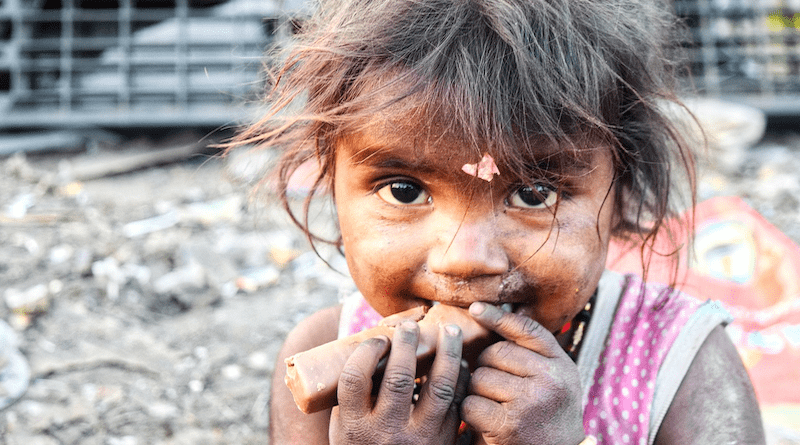
One of the foremost accomplishments of the industrial age is the “immense progress against extreme poverty.” “Extreme poverty” is defined by the World Bank as a person living on less than $2.15 per day using 2017 prices. This figure has seen a sharp decline over the last two centuries—from almost 80 percent of the world’s population living in extreme poverty in 1820 to only about 10 percent living in these conditions by 2019. This is all the more astounding given that the population of the world is about 750 percent higher.
The causes of economic progress are clear. The laborers of past generations around the world—often against their will—gave us industrial revolutions. These industrial economies rely on, and generate, machinery, technology, and other capital goods. These are then deployed in an economy that requires less sacrifice of human labor and can generate more goods and services for the populations of the world, even as populations continue to grow.
Some ideologies, such as socialism, were most effective in fighting extreme poverty. Socialism is defined here as the state control of a national economy with an eye toward the welfare of the masses. Socialist regimes serve to counter and remove extreme poverty. Two regions illustrate this point well and account for billions of people who moved out of extreme poverty in the last century—all of them influenced by or under the rubric of socialism.
In the USSR and Eastern Europe, extreme poverty declined from about 60 percent in 1930 to almost zero in 1970. In China too, extreme poverty has been eliminated to virtually zero today, though there are debates over exactly what produced those gains. Some argue that these gains are the product of capitalist reforms; but even if this were the case, those reforms took advantage of the groundwork laid by the post-1949 socialist economy.
There is also a certain logic to why socialist economies in the 20th century were able to eventually generate massive gains for those at the very bottom of their societies. While not the only ideology that can do so, socialism is particularly good at the kind of state control and support of economies that is required for successful industrialization. Moreover, because socialism sets itself up to be politically evaluated by what it delivers to those at the very bottom, the politics of socialist countries tend to moderate some of the inequality that comes with industrialization in a capitalist world. This makes it markedly different from other varieties of state control like colonialism, imperialism, state capitalism, and fascism.
Socialism’s existence also seems to have pushed forward reductions in poverty in the capitalist sections of the world. The presence of the Soviet Union and internal left movements across the capitalist world put pressure on capitalist regimes to offer more goods and services to their working classes and underclasses. This is evident from several instances throughout the world, such as the role of communists in fighting for civil rights for Black people in the United States.
While there might have been an immense reduction in extreme poverty over the decades, a series of setbacks brought on by the COVID-19 pandemic and various ongoing wars across the world have recently made a dire situation worse for those already struggling to make ends meet. According to a 2022 World Bank report, “the pandemic pushed about 70 million people into extreme poverty in 2020, the largest one-year increase since global poverty monitoring began in 1990. As a result, an estimated 719 million people subsisted on less than $2.15 a day by the end of 2020.”
This means that the world is “unlikely” to achieve the UN target of eradicating extreme poverty by 2030. Consider what it looks like to live on less than $2.15 per day. It means that you cannot even “afford a tiny space to live, some minimum heating capacity, and food” that will prevent “malnutrition.” As we struggle to meet our goals, the majority of the world population has been forced to live on under $10 a day, while 1.5 percent of the population receives $100 a day or more.
Moreover, a racial analysis is also important to include given that extreme poverty is increasingly concentrated in sub-Saharan Africa and parts of South Asia. Poorer countries (which are home to the vast majority of Black and brown populations) are “encouraged” to produce the cheapest and simplest goods for trade rather than developing self-sustaining economies or upgrading their economies and workforces. In fact, they are often pushed to destroy existing economies.
The final rub in any discussion of poverty is that the preexisting solutions to it— industrialization—may not be feasible with the limitations of a warming planet. If sub-Saharan Africa needs to industrialize to eliminate extreme poverty in that region, who will pay for that carbon footprint? Presumably, the countries of the Global North that have the most historical carbon debt ought to, but it is hard to imagine a world in which they will voluntarily do so. After all, they have yet to make reparations for the stolen labor with which their wealth was built in the first place.
- About the author: Saurav Sarkar is a freelance movement writer, editor, and activist living in Long Island, New York. Follow them on Twitter @sauravthewriter and at sauravsarkar.com.
- Source: This article was produced by Globetrotter.

